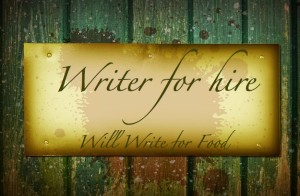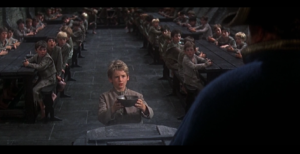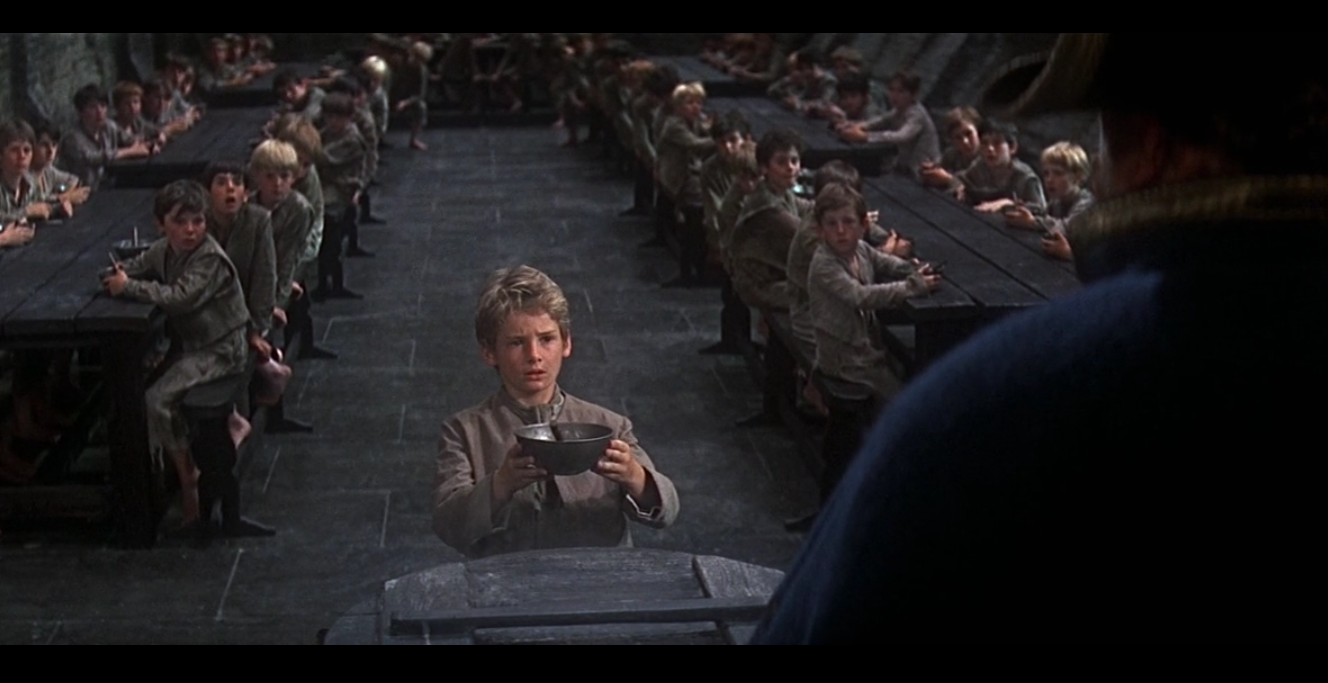You’d be forgiven for thinking the pandemic would be a boon for writers. With so many people confined to their homes, and only so many hours of decent streaming content to consume, computer games to play, and sourdough to bake, well, a couple of good books have to find themselves on the tail end of all these other distractions. Right?
(Let me digress, just briefly here, to say this: the original and best form of binge entertainment is a book. Remember those times, when a human person could get comfortable on the couch and do nothing but read a good book all day? I am a hard-core MAGBA supporter; I’m going to get a big red hat made: Make Books Great Again. My other potential slogan is: Buy More Books You Illiterate Fucks (BMBYIF); I’m not sure which is more persuasive). 
So you’d be forgiven for thinking writers have been rolling around in large piles of quarantine cash, but you’re wrong: like just about every other art form, the written one has been smashed by COVID.
While book sales globally have increased modestly, local authors have not been able to do many of the things they relied on as part of their writing income: teaching at university, public speaking, and freelance writing (the latter, because magazines have become defunct for financial reasons, and the competition for the remaining freelance slots is fierce).
In addition to this, book launches – a mainstay of for the majority of local authors in Australia – are either not possible or severely restricted.
Like many writers, I had a lot of gig work to pay the bills while I waited for the Netflix deal. Then the pandemic hit. Tutoring at uni disappeared, as did a lot of work in the community sector (which depends heavily on face-to-face interaction with vulnerable individuals).
Publishing companies are pushing back release dates for even established authors, advances are declining and becoming more and more scarce. This is a trend that has gone on for decades now.
In a previous article, I noted as one example:
in the UK in 2005, 40% of authors earned their income solely from writing; by 2013 this had fallen to 11.5%. Between 2005 and 2013 there was a drop in income from professional authors, in real terms, of 29%. The median income of professional authors in the UK is now below that of the poverty line.
This is true of Australia, the US, everywhere, and the pandemic (and Amazon) have only accelerated these trends.
Government funding for the arts – in terminal decline as part of the decades-long staple of neoliberal ideology – fell further in Australia. Funding specifically for literature has shrunk from 9 million in 2013 to 5 million this year. Which, when you think about it, is an absolutely trivial amount to give to an industry that contributes so much to Australian society. Aside from the monetary contribution of the arts in general – estimated to be 4.2 billion a year just in Australia – literature tells us the stories of ourselves. It helps to form our identity. Storytellers, from infrequent bathers sitting in a cave all the way until now, have helped us to understand why we are here, where we are going, and where we have been. In the words of Roger Bingham: “We tell stories in order to feel at home in the universe.”
Unfortunately, our society values derivatives traders and reality TV stars, and less so the storyteller. Figures from the Australian Society of Authors make for depressing reading.
- 79.5% of respondents earn less than $15,000 per annum
- Only 14.8% of respondents earn more than $25,000 per annum
- Advances are low: 52.3% of respondents receive no advances for their publications, and 75.8% receive advances under $5,000
I have somehow managed to have my best financial year as a writer. I’m in the top 14.8%, apparently, but that was on the back of a fellowship from the University of Canberra, a grant from the  ACT government, an advance on my novel, and the royalties for my short story collection. I was lucky this year. But being lucky, as a writer, doesn’t necessarily mean earning minimum wage.
ACT government, an advance on my novel, and the royalties for my short story collection. I was lucky this year. But being lucky, as a writer, doesn’t necessarily mean earning minimum wage.
So what am I saying? Stories matter, the arts matter, so for the love of Pete, support them any way you can. Pay for music, patronise local artists, and more than anything, BMBYIF.

